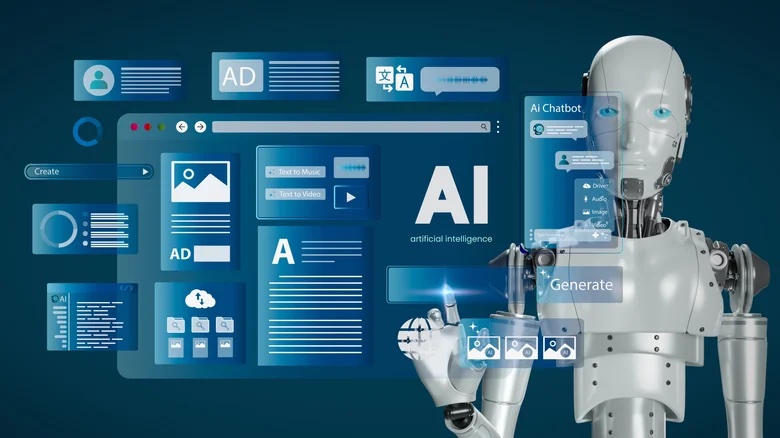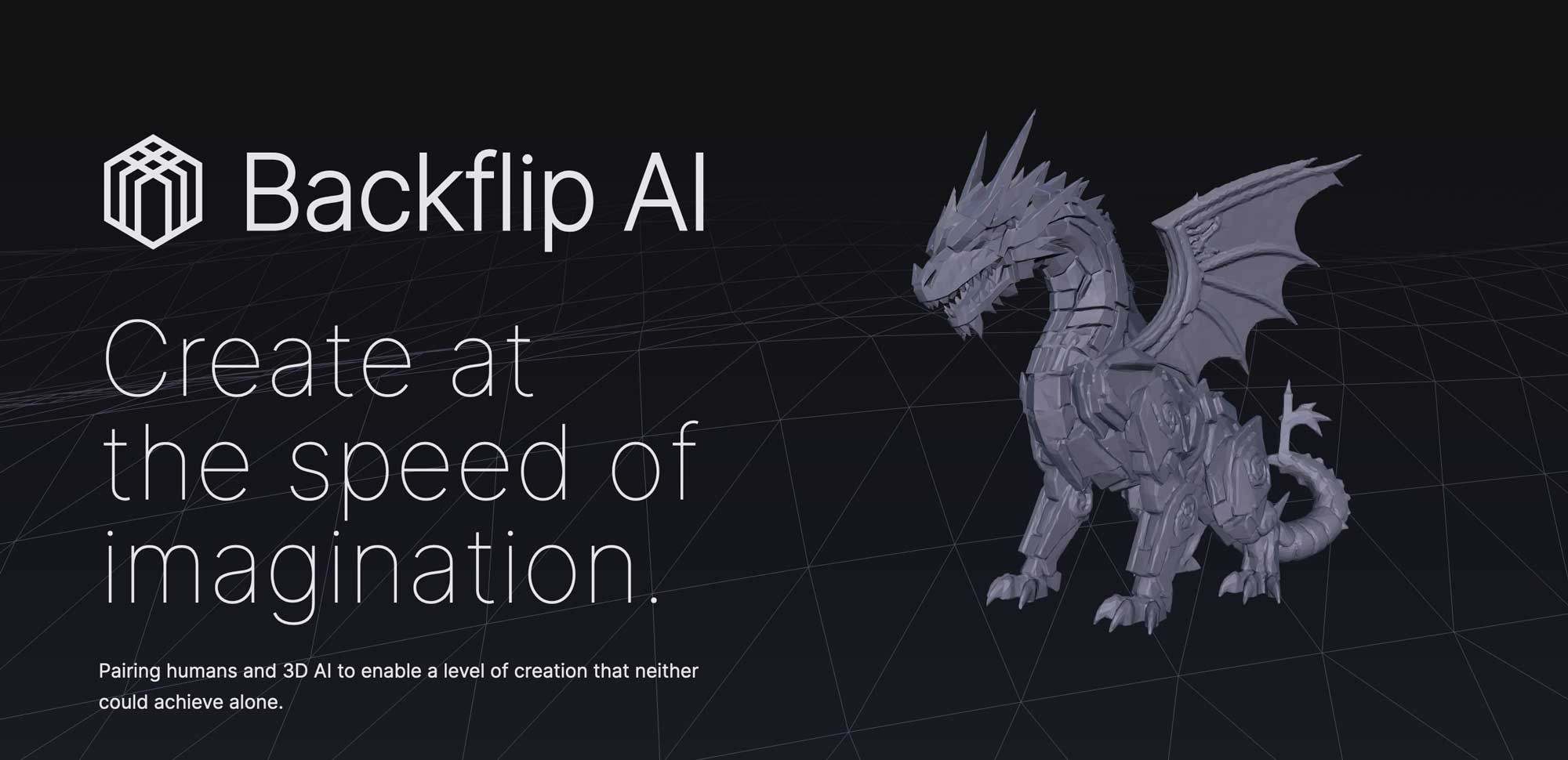As manufacturers across the globe face widespread shortages of skilled labor, intelligent automation is emerging as a solution to alleviate the problem. One company leading the charge is Watch Out, which has developed highly automated workcells designed to make production more flexible, efficient, and less reliant on human labor.
According to a report from Deloitte and The Manufacturing Institute, nearly 2 million U.S. manufacturing jobs could go unfilled through 2033, highlighting the urgent need for advanced automation solutions. Watch Out, a Montreal-based company, offers machining cells that utilize patented sensors and machine learning for precision manufacturing across industries such as aerospace, automotive, medical, and more. With claims of providing “Level 5” autonomy, their systems can handle complex tasks such as materials handling, machining, and inspection, all without the need for human intervention.
Continue reading… “Revolutionizing Manufacturing: How Intelligent Automation and AI Workcells Are Solving Labor Shortages”












